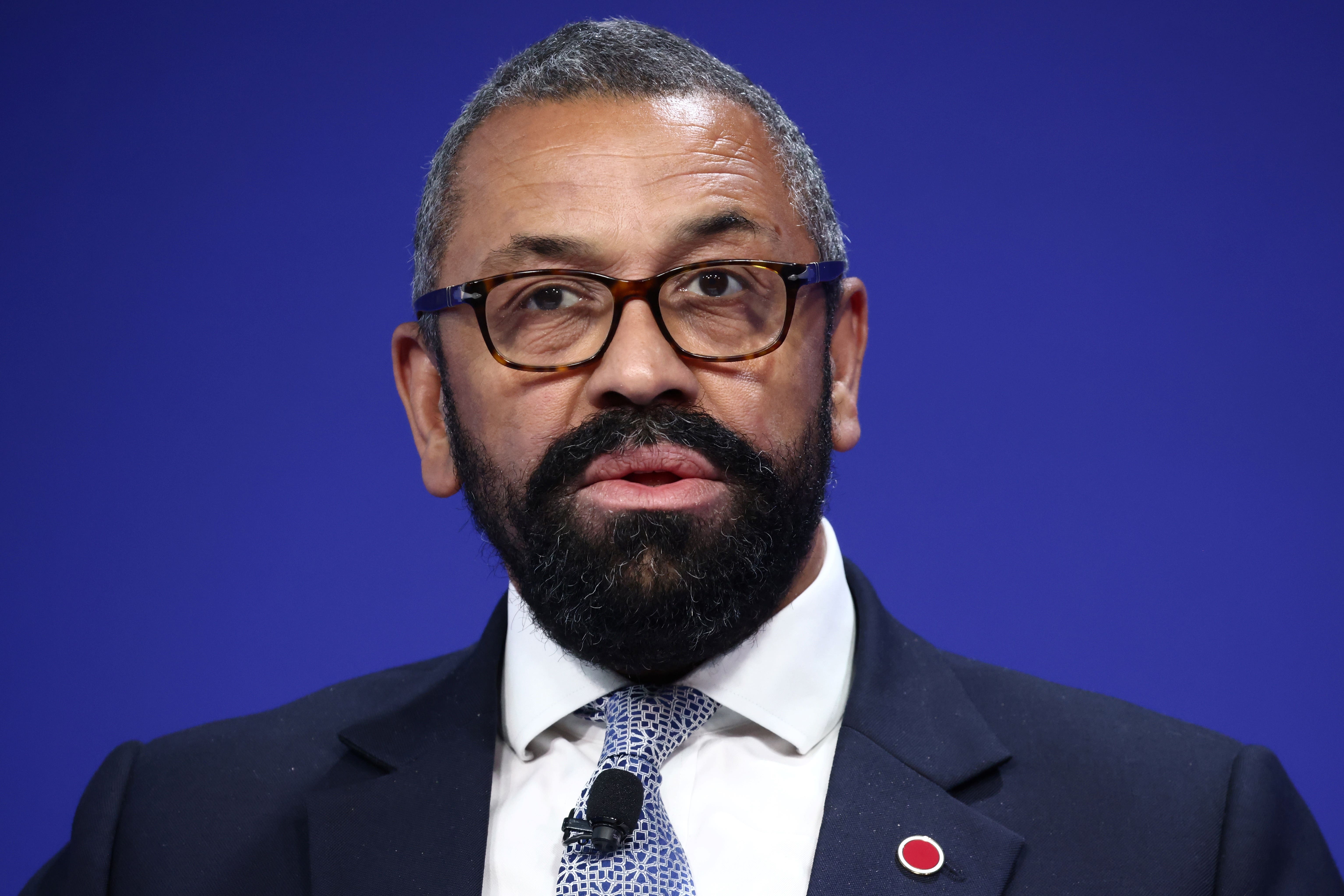Questions over transparency of £48m paid in aid to China by UK
UK sent nearly £50m to China in aid in 2021-22, as a watchdog complained of ‘insufficient transparency’ in how money is spent

Your support helps us to tell the story
From reproductive rights to climate change to Big Tech, The Independent is on the ground when the story is developing. Whether it's investigating the financials of Elon Musk's pro-Trump PAC or producing our latest documentary, 'The A Word', which shines a light on the American women fighting for reproductive rights, we know how important it is to parse out the facts from the messaging.
At such a critical moment in US history, we need reporters on the ground. Your donation allows us to keep sending journalists to speak to both sides of the story.
The Independent is trusted by Americans across the entire political spectrum. And unlike many other quality news outlets, we choose not to lock Americans out of our reporting and analysis with paywalls. We believe quality journalism should be available to everyone, paid for by those who can afford it.
Your support makes all the difference.The UK sent nearly £50m to China in aid last year, as a watchdog complained of “insufficient transparency” in how money is spent.
The government is in the process of re-evaluating its wider relationship with China, amid increasingly frosty relations with the rising Asian power.
Ministers have characterised the growing influence of China as an “epoch-defining challenge”, with many backbench MPs pushing for a more hawkish approach to Beijing.
A new report by the Independent Commission for Aid Impact found that aid to China was around £48m in 2021-22, a fall from just over £80m in 2019.
It is expected to continue to fall, with the commission estimating that it could fall to £10m by the end of 2024.
But the watchdog expressed concern at the lack of transparency from the government and British Council on aid spending.
Sir Hugh Bayley, who led the latest review, said: “While UK aid to China has fallen rapidly in recent years, taxpayers are still not being told clearly how much aid will continue and what it will be spent on.
“From the limited information shared with us, we’ve established that most aid funding to China from across government has ended. Remaining aid spend will focus on higher education, English language, arts and culture and, to a lesser extent, human rights.
“Average incomes in China will soon be too high for the country to continue to receive foreign aid and there appears to be no clear government strategy for how to manage this, which could put some of the benefits from past UK development assistance at risk.”
The report noted that the watchdog was “able to find only very limited information in the public domain on how aid to China was evolving and what it was being spent on.
“The British Council does not publish documents reporting on the design, implementation and results of its substantial programmes in China.”
Elsewhere, the report also found that Foreign Office funding for Chinese Chevening Scholarships, which support international students who want to study in British universities, has remained stable at between £1.65m and £1.7m since 2019.
A spokesperson for the Foreign Office said: “We stopped direct aid to the Chinese Government in 2011 and the FCDO committed to cut ODA funded programmes in China by 95 per cent from the 2021-22 financial year with remaining funding focused on specific programmes that support British values around open societies and human rights. No funding goes to the Chinese authorities.
“We remain committed to transparency and will continue to work closely with ICAI to ensure that all UK aid spending maintains our high standards of transparency and has the greatest impact.”



